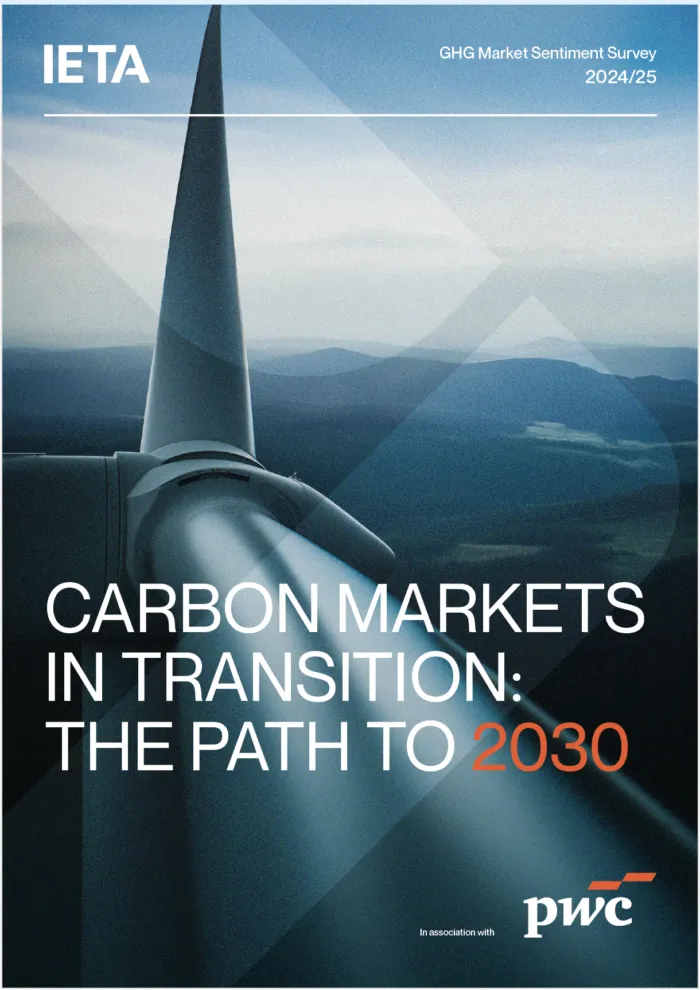
The past year has seen carbon markets navigate an increasingly complex global landscape, marked by political uncertainty, shifting economic priorities and ongoing conflict. Still, the drive toward market expansion remains firm.
While sentiment has moderated since 2023, respondents continue to express confidence in the long-term expansion of emissions trading systems (ETS) and the growing role of international cooperation under Article 6.
In Europe, expectations for ETS integration and carbon-removal inclusion remain high, even as policymakers deliberate on timelines and cost-containment measures. In Asia, ETSs in China, Korea and Vietnam continue to evolve, with gradually expanding sectoral coverage. Across Latin America and Africa, the picture is mixed, as growing momentum for domestic carbon pricing is hampered by uncertainty over implementation and linkage.
The voluntary carbon market has entered a new phase, defined by integrity and trust. Stronger governance, clearer quality standards and alignment with compliance systems are helping to restore confidence after a period of turbulence.
Despite lower average prices in 2024, there are bullish expectations for carbon allowances and credits. Respondents expect steady price growth to 2030, driven by high-integrity credits and expanding compliance demand. Encouragingly, 91% of respondents see Article 6 as a key driver of future climate action, a sign of business confidence in international markets.
Overall, this year’s survey captures a carbon market in transition. Despite caution, the market is more grounded, resilient and aligned around integrity as the foundation for scaling global carbon trading.